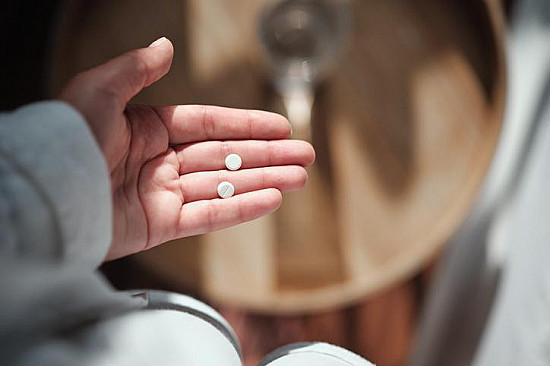Can we slow the aging process?
Ask the doctor

Q. Is it possible that scientists will one day be able to slow down the aging of our bodies?
A. You may be dubious, but yes, it is possible. I know it seems that every living thing ages — the flowers in the garden, our pets, and us. Yet a Harvard Medical School colleague who studies aging, genetics professor David Sinclair, tells me there are certain cold-water fish that may never die natural deaths. They die from injury or being consumed by a larger animal, but it's not clear they die naturally. Some are hundreds of years old, and still frisky.
Scientists are beginning to understand the natural biological processes that control aging, including specific genes involved, and they've made some truly remarkable discoveries. For example, in a laboratory dish, inserting certain genes into adult human cells can convert them into cells like the very first cells in the human embryo. Aged cells can be made young again. You can turn back the clock — all the way back to the beginning.
That's extraordinary, but it's cells in a laboratory dish, not living animals. Could aging be slowed in living animals? When scientists introduced a handful of genes into worms, the worms lived five times as long. And, until nearly the very end, the worms still were as active as they had been in their youth, able even to copulate. Extending their life span extended their health span. It did not increase their period of decrepitude.
Another genetics professor here at Harvard Medical School, George Church, inserted three genes associated with longevity into mice. Mice are more complex than worms. They are mammals, like us. Many things we find to be true in mice prove to be true of us. Inserting the longevity genes into the mice protected them from becoming obese and from developing diabetes, kidney failure, and heart failure. Genes that extended life also protected against diseases of aging.
My colleague Sinclair recently used similar gene therapy techniques to insert a combination of three genes into cells in the eyes of mice going blind from aging. This fully restored vision in the aging mice — with no ill effects. Sinclair's team had been able to reach into one aging and failing organ, and rejuvenate that organ. Could similar techniques one day rejuvenate failing organs in us? You can be sure there are scientists interested in answering that question.
If, on the day I became a doctor, you had asked me whether we could ever slow aging, my answer would have been: "Of course not, aging is an inevitable part of life on earth. What have you been smoking?" I've been surprised. Our investment in biological research has produced many such exciting surprises.
Image: © kali9/Getty Images
About the Author

Anthony L. Komaroff, MD, Editor in Chief, Harvard Health Letter; Editorial Advisory Board Member, Harvard Health Publishing
Disclaimer:
As a service to our readers, Harvard Health Publishing provides access to our library of archived content. Please note the date of last review or update on all articles.
No content on this site, regardless of date, should ever be used as a substitute for direct medical advice from your doctor or other qualified clinician.















